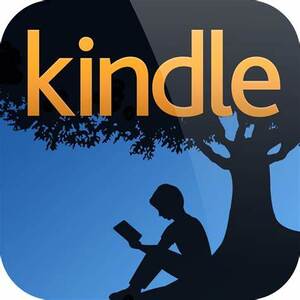Free with Kindle. No Kindle unlimited needed.
The Attuned Child : A Simple, 7-Step GuideBook for Parents to Help Their Child Master ADHD - For Natural Calm, Focus and Remarkable Self-Discipline by Lauren Douglas
About the book
Are you sick and tired of feeling overwhelmed and unsure of how to best support your child?
Have you tried countless strategies and interventions, but nothing seems to stick?
Do you finally want to say goodbye to the struggle and discover something that actually works for you and your child?If you've always wanted to parent a child with ADHD in a way that helps them thrive and reach their full potential, but have struggled with managing their behavior and helping them focus, then keep reading…
Imagine how you'll feel once you start seeing positive changes in your child's behavior and well-being, and how your relationship with them could improve.
If you want that dream to become the reality, then "The Attuned Child" is the book for you.
You see, parenting a child with ADHD doesn't have to be complicated or difficult. Even if you've tried other approaches that haven't worked, the truth is, it's much simpler and easier than you think.
Lauren Douglas provides you with a 7 step-by-step blueprint to raising a child with ADHD without sacrificing your own well-being or happiness.
In "The Attuned Child", you'll discover:
The biggest mistakes parents make when it comes to managing their child's ADHD, and how to avoid them
The only techniques you need to know for improving focus, behavior, and overall well-being
The ways to foster a supportive and understanding environment for your child
The things you should know about the latest research and treatments for ADHD
Secrets to helping your child succeed without sacrificing your own needs or well-being
Why following your instinct is hurting your progress - and what to do instead
…and so much more!Imagine how you’ll feel once you are able to effectively support your child with ADHD and see them succeed, and how your family life could change for the better.
So even if you're feeling overwhelmed and unsure of where to start, you can raise a successful, happy child with ADHD with the help of "The Attuned Child".
![[eBook] The Attuned Child : A Simple, 7-Step GuideBook for Parents to Help Their Child Master ADHD - Free @ Amazon AU, UK, US](https://files.ozbargain.com.au/n/57/767157.jpg?h=8a8d0db6)




I get this
Invalid CORS request